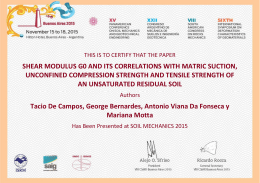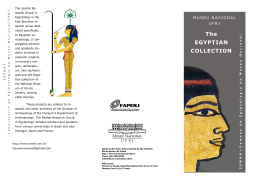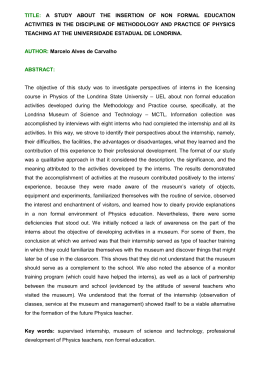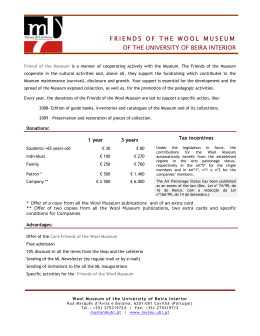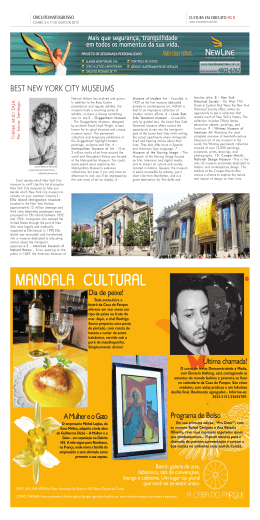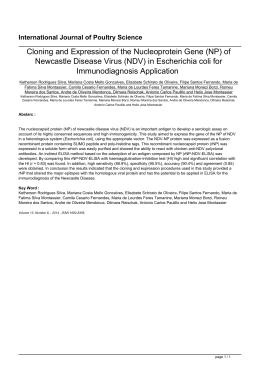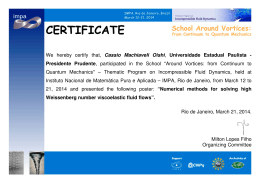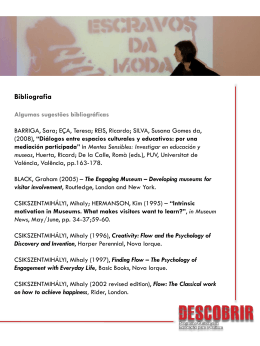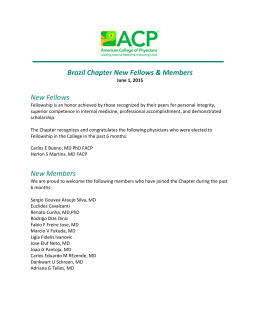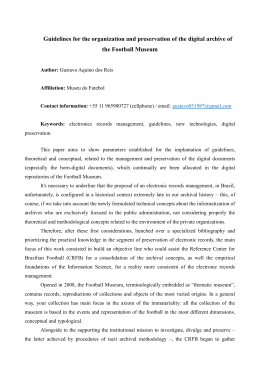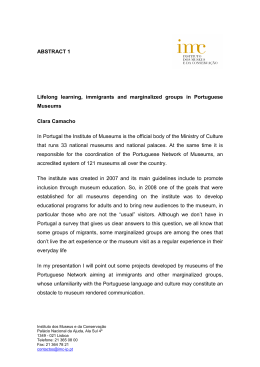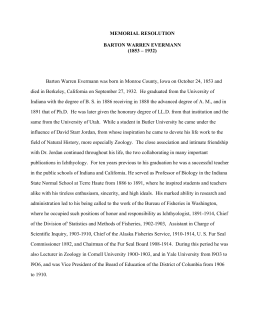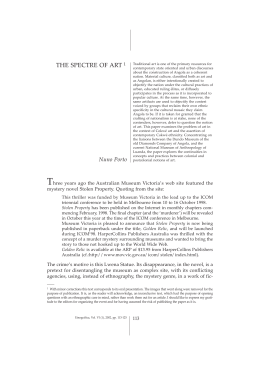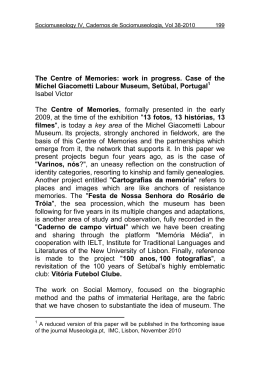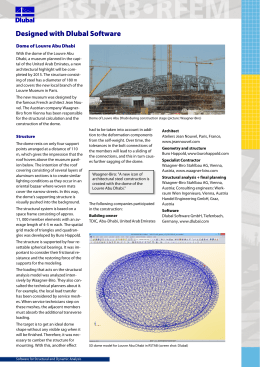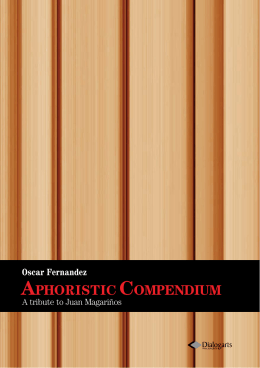Collection of Brazilian Music – Restoration and Broadcast of Scores The Mariana Museum of Music The Mariana Museum of Music originated in the late 60's, when the then Archbishop of Mariana, D. Oscar de Oliveira started to gather ancient manuscripts and sheet music from different parts of the city. Most of this material was kept in the Archiepiscopal Palace, which at the time was attached to the Church of Saint Peter of the Clergies. Later on the musical documents kept in the Cathedral were included. Parallel to this, D. Oscar started to become acquainted with archives of musical corporations or families of musicians from the neighbouring cities and encouraged them to donate their assets to the Archdiocese. José Henrique Ângelo (descendant from a family of musicians from the city of Barão de Cocais) donated the first file, awakening the interest of musicologists like Francisco Curt Lange as early as in 1969. While the physical organisation of the Mariana collection was being started by Maria Ercely Coutinho, together with her collaborator Vicente Ângelo das Mercês, the archive from Barão de Cocais started to be organised and catalogued by the musicologist from Paraná, Father José de Almeida Penalva, who in 1972 presented a study that became the organisational model for the Mariana Museum of Music. In July 1972, Lauro Morais, then director of the Archdiocesan Museum of Sacred Art invited the musicologist Luís Heitor Correa de Azevedo to see the collection. The idea arose to propose to D. Oscar de Oliveira to restart the research on the collection he had gathered. Luís Heitor along with Rubens Romanelli, Berenice Menegale, Venício Mancini and Maria Conceição de Rezende forwarded the proposal to the Archbishop. When the proposal was accepted, the latter took on the task of organising, cataloguing and studying the collection, which were carried out uninterruptedly for twelve years. It was indeed Conceição de Rezende's work which allowed the official creation of the Museum of Music, inaugurated in the Ecclesiastical archive of the Archdiocese of Mariana on 6th July 1973 with the presence of members of the Church and the Government. Conceição de Rezende had started to organise the collection the year before. She devoted herself mainly to the documents from the city of Mariana and based her work on that carried out on the archive of Barão de Cocais by José Penalva. From then on, a great number of manuscripts were incorporated into the Museum of Music. The donations were the result of D. Oscar's incentive. In some cases, Conceição de Rezende herself would deal with the donation or purchase of musical documents. 1976 saw the Museum of Music manuscripts being transferred to microfiche (the photograms are in the Pontificia Universidade Católica do Rio de Janeiro) for the production of the catalogue O ciclo do ouro (The Gold Cycle) - 1978, which lists the musical manuscripts and other historical documents from eleven collections from Minas Gerais and Rio de Janeiro. Meanwhile, the sheet music continued to arrive, and in the 80's music from nearly 30 cities of Minas Gerais had been counted. However, Conceição Rezende concluded her work in the Museum of Music during the 1st National Meeting on Music Research (Mariana 1st to 4th of July 1984). On that occasion, D. Oscar made preparations for the legal register of the institution. In addition to the physical organisation, the researcher Conceição Rezende also provided the Museum of Music with catalogues, files and a considerable amount of manuscript notes which, to this day, guide researchers when consulting the material. Later on, the Museum of Music moved to the new Archiepiscopal Palace, in Praça Gomes Freire, receiving consulters interested in the research and dissemination of Brazilian musical heritage. Since the late 80's they have become more and more numerous. Starting in January 2001, a team was formed to be in charge of activities in the Museum of Music, such as reorganising, cataloguing and publishing. The Team was made up of the researchers Paulo Castagna (São Paulo), André Guerra Cotta (Belo Horizonte), Aluízio José Viegas (São João del Rei), Carlos Alberto Figueiredo (Rio de Janeiro), Marcelo Campos Hazan (Rio de Janeiro), Vítor Gabriel de Araújo (São Paulo) e Maria Teresa Gonçalves Pereira (Mariana).
Download
